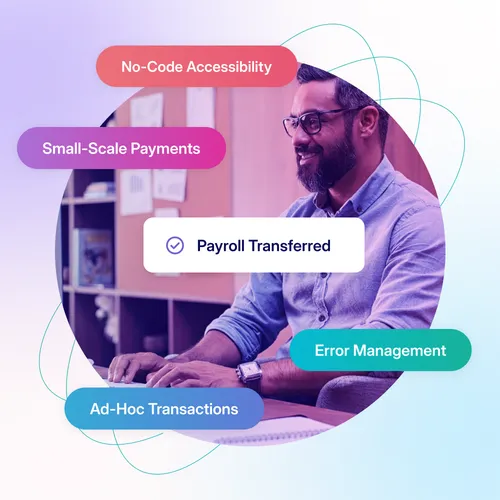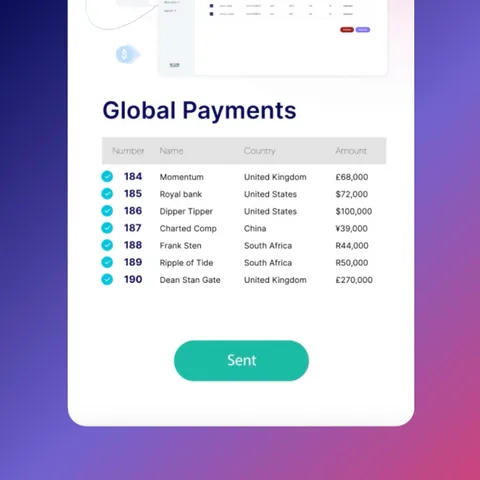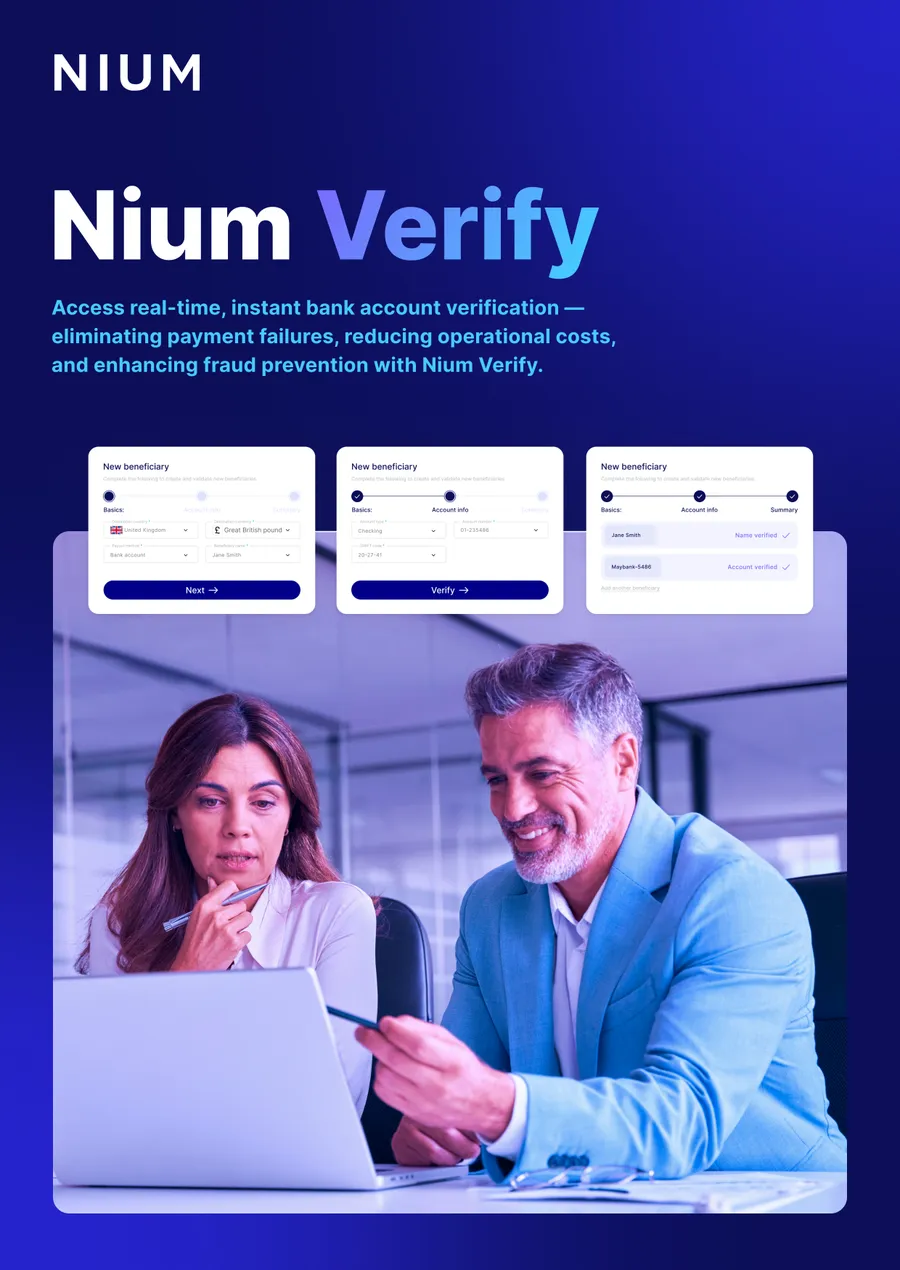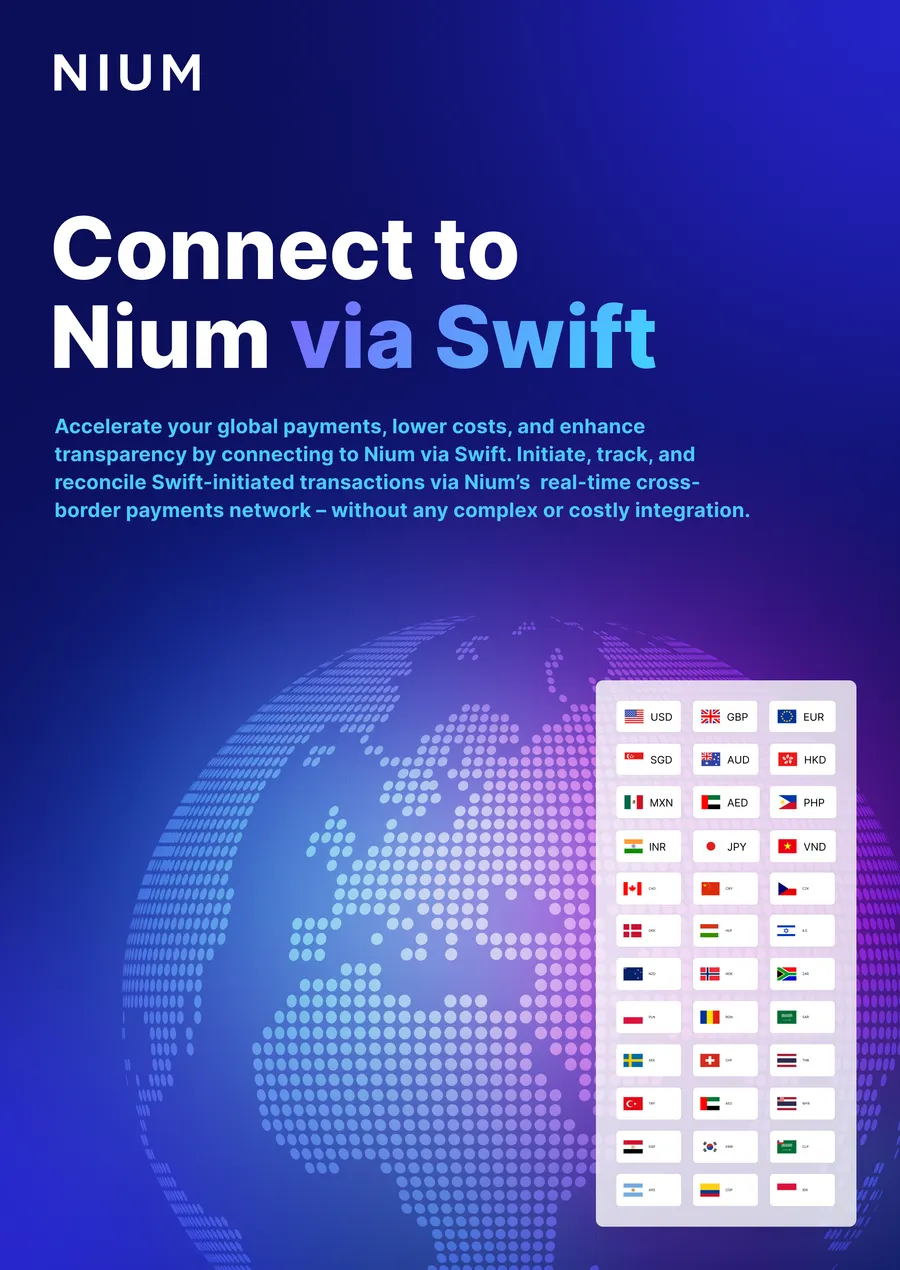Business-to-Business (B2B) e-commerce companies are a growing market set to become the next billion-dollar startups. This niche space for buyers and sellers of business-related products is growing in popularity, fueled by better infrastructure, accessible payments, and managed security on the backend.
The added pressure of digitalisation, coupled with companies’ increased need to conduct more business online due to the COVID-19 pandemic, has led to more companies shifting business purchasing, marketing, and other crucial operations online.
A 2020 survey of 85 business buyers found that 89% of purchasing managers purchase at least the same or significantly more on B2B marketplaces since the COVID-19 shutdowns began, and 57% spend even more on marketplace e-commerce sites. The survey also revealed that B2B e-commerce sales grew from $1.1 trillion in 2019 to $1.3 trillion in 2020 alone.
Transactions in B2B marketplaces typically have higher average order values (AOVs) and more complex workflows than (Business-to-Customer) B2C buyers. These higher values and purchase volumes cause longer sales cycles and a reluctance to transact online, compared to B2C buyers who are more spontaneous and driven by convenience, availability, and price.
Thus, to successfully scale a B2B marketplace requires building trust through merchant vetting and platform security, integrated workflow tools, and seamless payments and monetisation models into your e-commerce marketplace.
The traditional revenue model of B2C marketplaces, Gross Merchandise Value (GMV), take rate or percentage per transaction, also does not translate well for B2B marketplaces. Instead, B2B marketplaces are devising creative ways to monetise both sides of their marketplace, while ensuring their approach adds value to both sides.
As a result of the higher AOVs in B2B marketplaces, the stakes are also higher for every sale. The heightened risk means that B2B marketplaces may need to practice a managed marketplace approach to make transacting and purchasing decisions easier for business buyers. In this way, streamlined customer experience significantly improves the marketplace experience.
So if you’re a B2B marketplace or e-commerce company looking to scale into global markets this year, here are three strategic focus areas to keep in mind.
Embed seamless, cross-border payments functionalities
Opening up payment methods may be the most critical requirement for a B2B marketplace looking to scale globally. Cross-border payments attract global customers and transform the challenge of receiving and disbursing funds from sellers to buyers, and vice versa, into a competitive advantage for global B2B marketplaces.
Typically, there are four ways to make B2B payments: paper check, electronic fund transfer (wires), ACH transfer, and debit/credit cards. As of 2020, nearly half of B2B payments were still made by paper check, but today, digital payment solutions are closing the gap.
Nium’s Global Money Network demonstrates this, as it enables B2B marketplaces to use Nium’s Send and Receive services to easily facilitate payouts and collections to merchants, shop owners, and buyers. Nium enables additional currencies and payout methods, giving B2B marketplace traders increased ability to serve customers, whether the buying request is halfway across the world or within their locale.
When a marketplace implements Nium’s customisable plug-and-play financial solution, it creates a possible additional revenue stream from foreign exchange transactions on the marketplace. Cross-border payments remove B2B marketplace barriers in emerging markets, bringing in more customer prospects.
Nium helps B2B marketplaces offer payout flexibility (bank account, card, cash) and refunds. This is a massive draw for business buyers as they’re assured their funds are safe. This helps build trust in a marketplace, which is a sure strategy for customer acquisition and retention.
Optimise customer experience and service
To convince businesses to embrace a permanent shift to online buying, B2B marketplaces cannot remain stagnant. Those that innovate to introduce value-added services will emerge as market winners.
Today’s advanced tracking tools for various customer journeys can help B2B marketplaces observe their entire conversion funnel and gain insights into what drives increased sales or prevents prospects from completing a transaction.
A marketplace must test, track, and analyse versions of their customers’ journeys to identify critical success and failure areas. With this information, they can make the necessary improvements and innovations needed to improve conversions on their platform.
Changes to enhance customer experience and support can be simple or comprehensive. They may include writing helpful FAQs for your marketplace, keeping a clean ad-free interface, streamlining the checkout process, and ensuring essential operational elements like shipping are reliable.
Overall, B2B marketplaces looking to scale must prioritise customer experience and service. Create channels to interact with and get customer feedback, reply to support inquiries quickly, and enable customers to buy, monitor, and reorder products or services easily.
Leverage data
Lastly, the easier a marketplace is to navigate, the more valuable and delightful it is for buyers and suppliers. This is where data comes in. When you know your customers well, you can provide better value and incentivise them towards more positive outcomes on your platform.
With a data-driven understanding of buyers’ profiles, customer journeys, and order history, marketplaces can forecast customer needs and even serve as connection sources to qualified buyers.
With new technology, B2B marketplaces have access to cross-functional data and analytics related to customer journeys, sales, and more. This data is then used to provide customers with an even better online buying experience. The more value a B2B marketplace provides within a specific niche, the more it gains repeat customers and market share, increasing customer lifetime value (CLV).
Those who achieve scale can monetise insights from the transaction activities on their platforms, help their buyers and suppliers make better purchasing decisions, and improve the marketplace’s search and match-making functionality.
Data insights help marketplaces predict customer behaviour, synchronise orders, inventory, and clients, and proactively handle customer support. They also develop the intelligence to offer customised pricing and volume-based discounts based on each customer’s location, needs, and buying habits.
Ultimately, the best years of B2B e-commerce companies and marketplaces are still ahead. The pandemic has accelerated the need to digitise B2B transactions in every sector, from pharmaceuticals to construction, manufacturing and others. Innovative B2B marketplaces have the stage to build globally trusted brands and companies, but only those that work hard to gain their customers’ trust will successfully become global marketplaces.
Partner with Nium to scale your B2B marketplace into a global market using Nium’s real-time global payments solutions.




.png@webp)



.png@webp)



